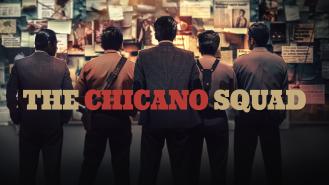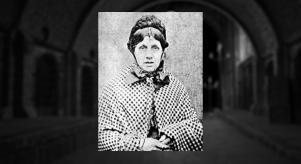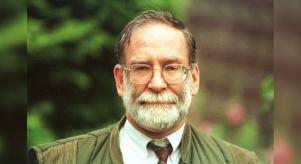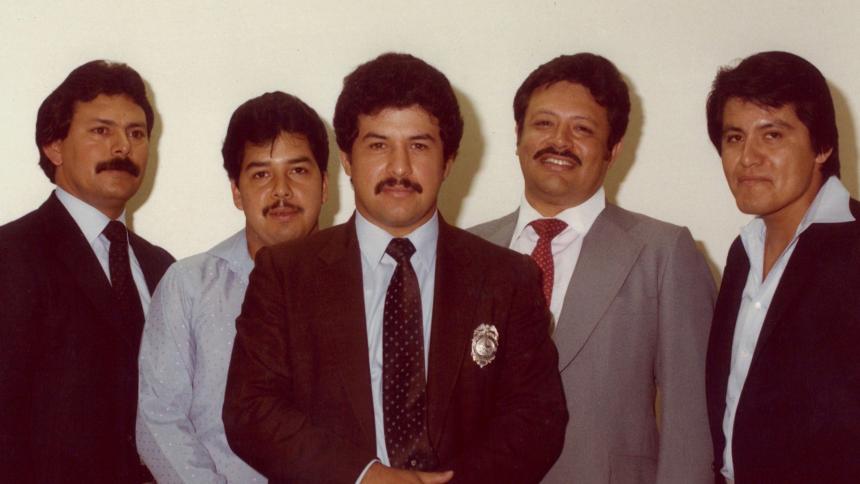
What was the Chicano Squad?
The Chicano Squad chronicles the US's first all-Latin police unit devoted to tackling Houston's soaring Latino murder rate. With no prior homicide experience, six former patrolmen fight racism and community mistrust to bring justice to their community. The show starts Sunday, 20th October at 9pm on Crime+Investigation.
Formed in 1979, the Chicano Squad was a specialised unit within the Houston Police Department (HPD). The squad was made up of bilingual Mexican-American officers and was the first all-Latino homicide unit in the United States.
Formed to address a growing crisis of crime and violence in the city’s Latino community, the Chicano Squad helped to solve historically unsolved cases such as the murder of Officer Guy Gaddis. They were instrumental in bridging the gap between the police and the Latino community, which had long been marginalised and underserved by predominantly English-speaking law enforcement.
Why was the Chicano Squad formed?
In the late 1970s, Houston’s Latino neighbourhoods were facing increasingly violent crime. The primarily English-speaking police force felt unable to go into the community to tackle these crimes, as the community was both Spanish-speaking and mistrustful of the force.
Fuelled by immigration from Mexico and Central America, many of Houston’s residents were undocumented immigrants who feared police liaison leading to potential deportation. Others were reluctant to interact with law enforcement due to language barriers or negative experiences with authorities in their home countries.
This lack of trust and communication made it difficult for the HPD to solve crimes in these neighbourhoods.
The birth of the squad
In 1979, in response to mounting pressure and a recognition of the unique challenges faced by the Latino community, HPD Chief Harry Caldwell authorised the formation of the Chicano Squad.
Beginning with just five bilingual Mexican-American officers, the squad was tasked with investigating crimes within the Latino community. The aim was also to build trust with residents and improve communication between the police department and Latino Houstonians.
The Chicano Squad's mission and methods
The Chicano Squad’s primary mission was to solve crimes in the Latino community that had previously gone unsolved due to language barriers, cultural misunderstandings, and a lack of cooperation from witnesses and victims.
However, their role extended beyond traditional policing. They were also expected to act as cultural liaisons, helping to educate the broader police force about Latino culture and the specific challenges faced by this community.
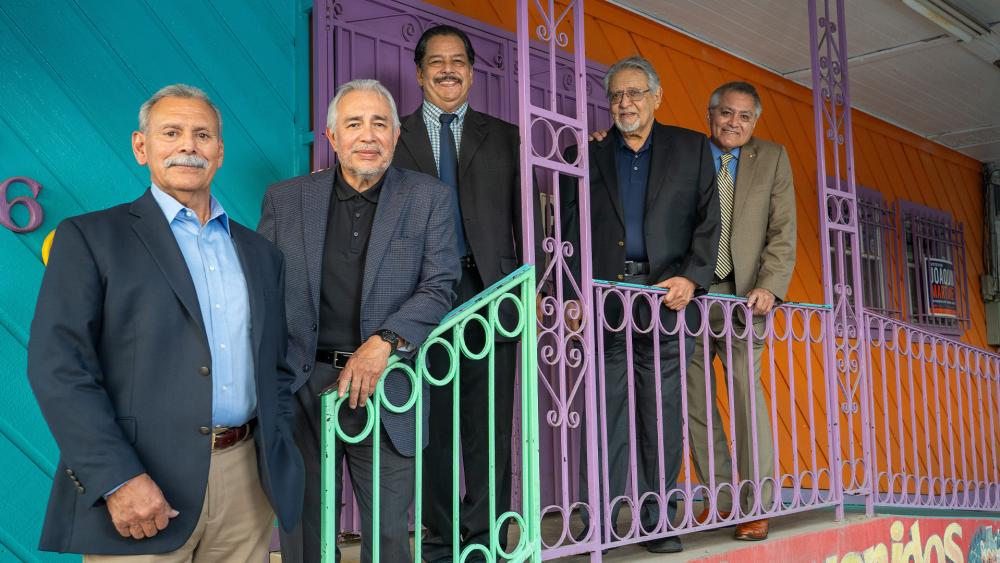
One of the key strategies employed by the Chicano Squad was community policing. A concerted effort was made by officers to immerse themselves in the neighbourhoods they served, attending community events, visiting churches, and establishing relationships with local leaders. This approach helped to break down longstanding barriers of mistrust, encouraging residents to come forward with information about crimes.
The Chicano Squad's officers were also known for their tenacity and commitment to their work. Despite being a small unit, they handled some of the most challenging and dangerous cases in the city, often working long hours and taking on heavy caseloads. Their efforts were instrumental in solving numerous high-profile cases – including murders, kidnappings, and drug-related crimes – that might have otherwise gone unsolved.
Challenges and controversies
While the Chicano Squad achieved considerable success, its existence also highlighted some of the broader issues and tensions within the HPD and the city of Houston.
The HPD’s reliance on a specialised unit to handle cases involving the Latino community raised questions about why the broader police force was not better trained or more culturally competent.
Additionally, the Chicano Squad's officers faced significant challenges within the department. As Mexican-Americans, they often encountered discrimination and scepticism from their peers, who doubted their abilities or questioned the need for a specialised unit.
The Squad’s legacy and impact
The Chicano Squad had a profound impact on both the Latino community and the Houston Police Department. Over the years, the unit's success in solving crimes and building trust with the community helped to demonstrate the value of culturally competent policing. Their work paved the way for more inclusive and effective law enforcement practices in Houston and other cities with large Latino populations.
The Chicano Squad also served as a model for similar initiatives across the country. The unit's success highlighted the importance of diversity within police forces and the need for officers who could communicate with and understand the communities they served.
In many ways, the Chicano Squad was ahead of its time, anticipating the modern emphasis on community policing and the need for law enforcement agencies to reflect the diversity of the populations they protect.
